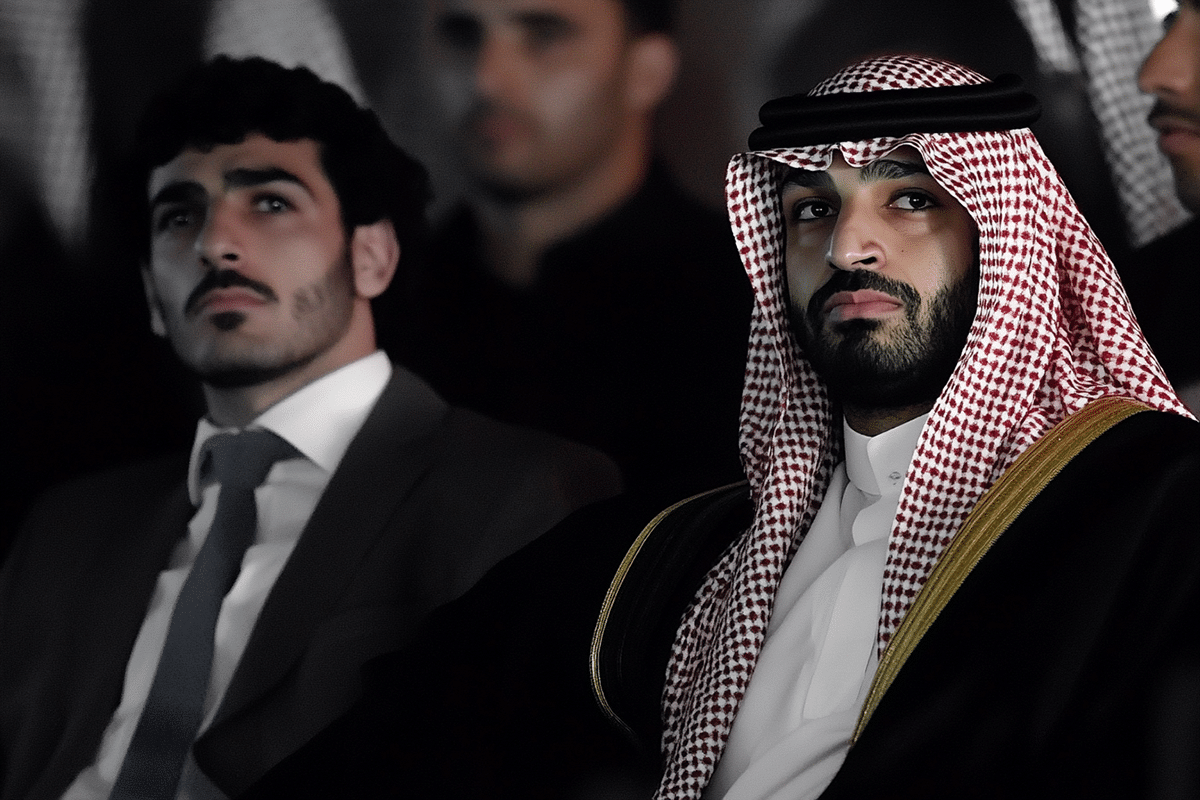FIFA has named Saudi Arabia as the host nation for the 2034 World Cup, highlighting the kingdom’s rising prominence in international soccer. This announcement follows the confirmation of the 2030 World Cup, which will be co-hosted by Spain, Portugal, and Morocco. Argentina, Paraguay, and Uruguay will each host one match as a tribute to the 100-year anniversary of the first World Cup, which took place in Uruguay in 1930.
Saudi Arabia’s bid was uncontested, cementing its place in international soccer after years of substantial investments in sports. This marks the kingdom’s most prominent achievement in its ongoing efforts to become a hub for global events under its Vision 2030 modernization strategy.
Controversial Bidding Process
The process leading to Saudi Arabia’s selection has drawn criticism for its lack of transparency. FIFA’s decision to fast-track the 2034 bid by restricting eligibility to Asia and Oceania effectively eliminated competition. The condensed timeframe—less than four weeks to declare candidacy—left Saudi Arabia as the sole contender, raising concerns about fairness and inclusivity.
Human rights organizations have criticized FIFA for not addressing Saudi Arabia’s labor practices and human rights record, issues that mirrored the controversies surrounding Qatar’s 2022 World Cup preparations. Critics argue that FIFA missed an opportunity to demand stronger assurances for worker protections and human rights improvements in the kingdom.
Massive Infrastructure Undertaking
Saudi Arabia plans significant investments in infrastructure to prepare for hosting the 2034 tournament, with billions of dollars allocated to various projects. These include constructing 15 modern stadiums and upgrading hotels and transport systems. Among the ambitious plans are a stadium in the futuristic, yet-to-be-built city of Neom and another designed to be perched on a 200-meter cliff near Riyadh.
These projects align with the kingdom’s Vision 2030 initiative, which aims to modernize its economy and society. Hosting the World Cup is viewed as a crucial step in boosting Saudi Arabia’s global profile, despite ongoing scrutiny over how such developments will impact workers brought in for these massive undertakings.
Global Influence Through Soccer
Saudi Arabia has been expanding its presence in global sports through significant investments. Its sovereign wealth fund has played a key role, funding international soccer ventures such as high-profile player acquisitions and sponsorships. Star players like Cristiano Ronaldo and Neymar have signed with Saudi clubs in deals valued at hundreds of millions of dollars.
FIFA has also benefitted from Saudi investments. A new sponsorship category was created for Saudi state oil company Aramco, and Saudi funding is set to support the 2025 Club World Cup in the United States. These developments highlight how Saudi Arabia’s financial power is reshaping the landscape of international soccer and strengthening ties with influential organizations like FIFA.
Challenges Ahead for 2034
While Saudi Arabia’s preparations are ambitious, challenges remain in scheduling the 2034 tournament. Extreme midsummer heat in the region complicates traditional World Cup timing, while the holy month of Ramadan in mid-December adds further constraints. January 2034 has emerged as a potential solution, offering a compromise that could accommodate both local customs and the preferences of European leagues.
Despite these hurdles, Saudi Arabia is poised to host a memorable World Cup, with FIFA and the kingdom aiming to use the tournament as a catalyst for societal change. However, concerns over human rights, labor laws, and accusations of “sportswashing” remain focal points of international attention as the kingdom embarks on a decade of preparation for the world’s most-watched sporting event.





